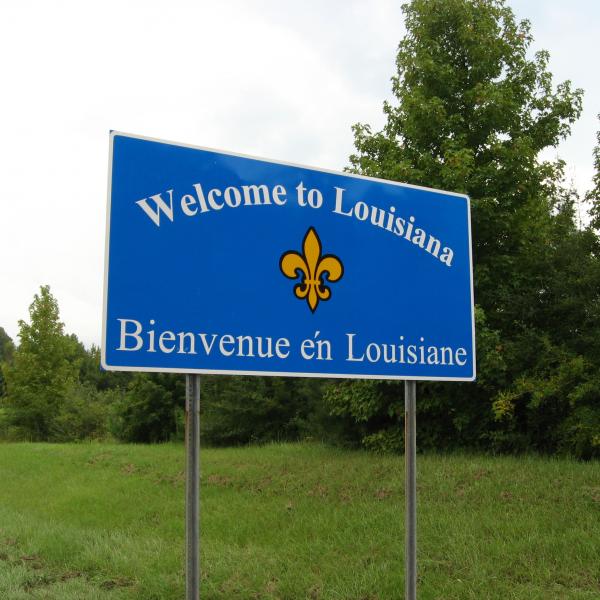Throughout the institute, I have been putting some thought into what motivated the musicians of the New Negro Renaissance to become the innovators of jazz. I am not convinced that the majority of them were actively involved in being part of a bigger social movement. This is not to say that they shirked involvement, though.
When we first discussed Duke Ellington it was pointed out that he was a "musical entrepreneur," that he would compose for mediums that he did not have experience with. The prime example is scoring music for a film. Nevertheless, Ellington was a very good musician and had the ability to quickly learn what it was that was asked of him. Fortunately for us, he was also one of the greatest composers to that time. Ellington's music has a level of sophistication that does complement what the "goals" of the renaissance may have been intended to be.
Likewise, I have spent some time examining the work of Marion Anderson. In one of her interviews she addressed the issues of black activism and she essentially said that it was not her nature to be very vocal or confronting. She understood the importance of her contributions but she also recognized that she could contribute in her own ways. I think that included rising above the abuse and maintaining a performance level that spoke for itself. Maybe that was how Duke Ellington was as well.
Other musicians also were very instrumental in contributing to the New Negro Renaissance without being part of any of the political agendas of the time. I feel that they understood music and the appeal of jazz and also understood that they could make a good living in that arena. It provided an exciting life for a young musician.
So we now arrive at the question of what was their role for the Renaissance? As black celebrities were they automatically part of the political actions of the time? Did this depend on the type of music they performed (jazz, blues, spirituals)? I don?t have an answer for this at this time but it is a question that still applies to our celebrities today.
-- Tom Tacke



